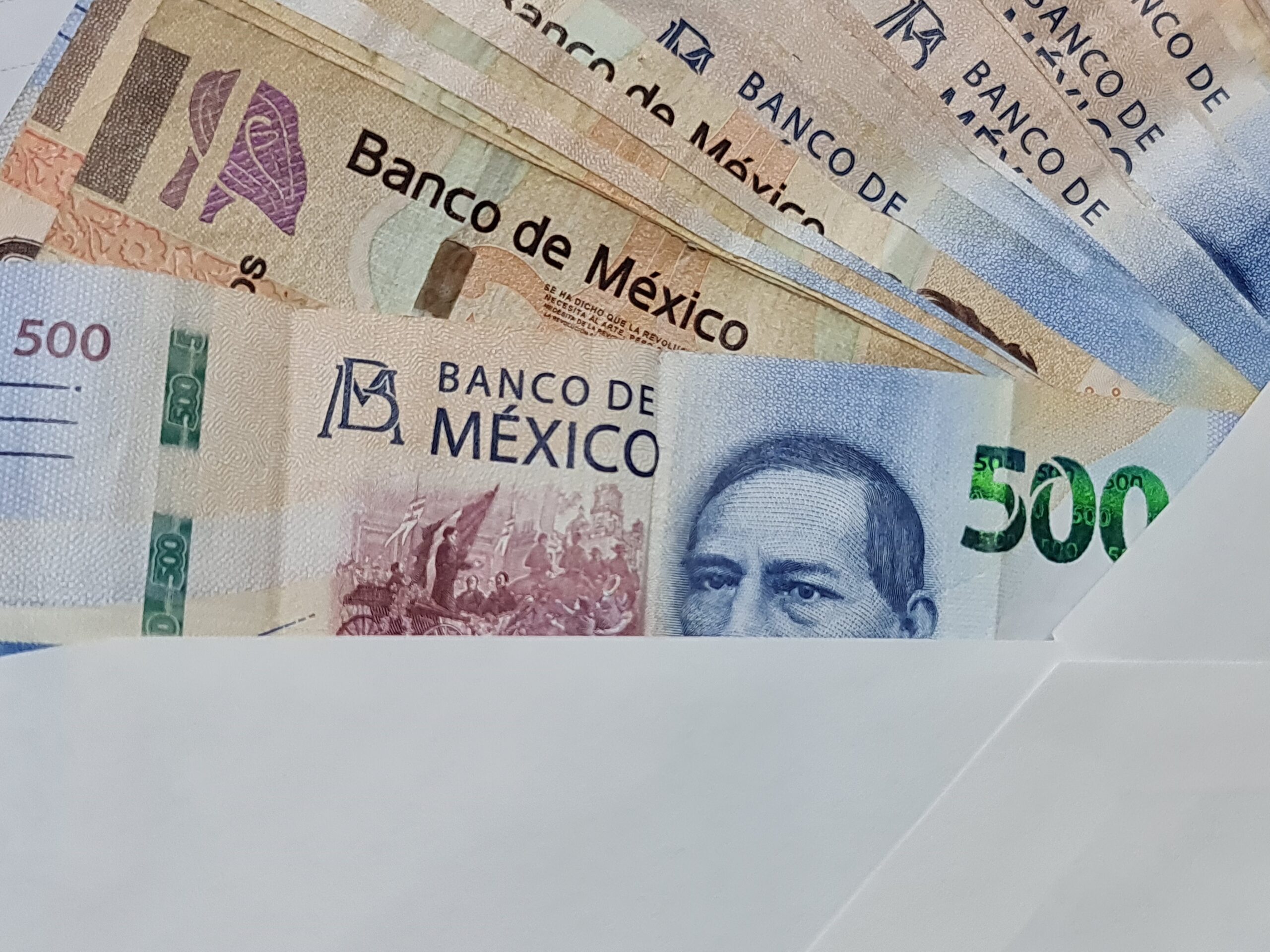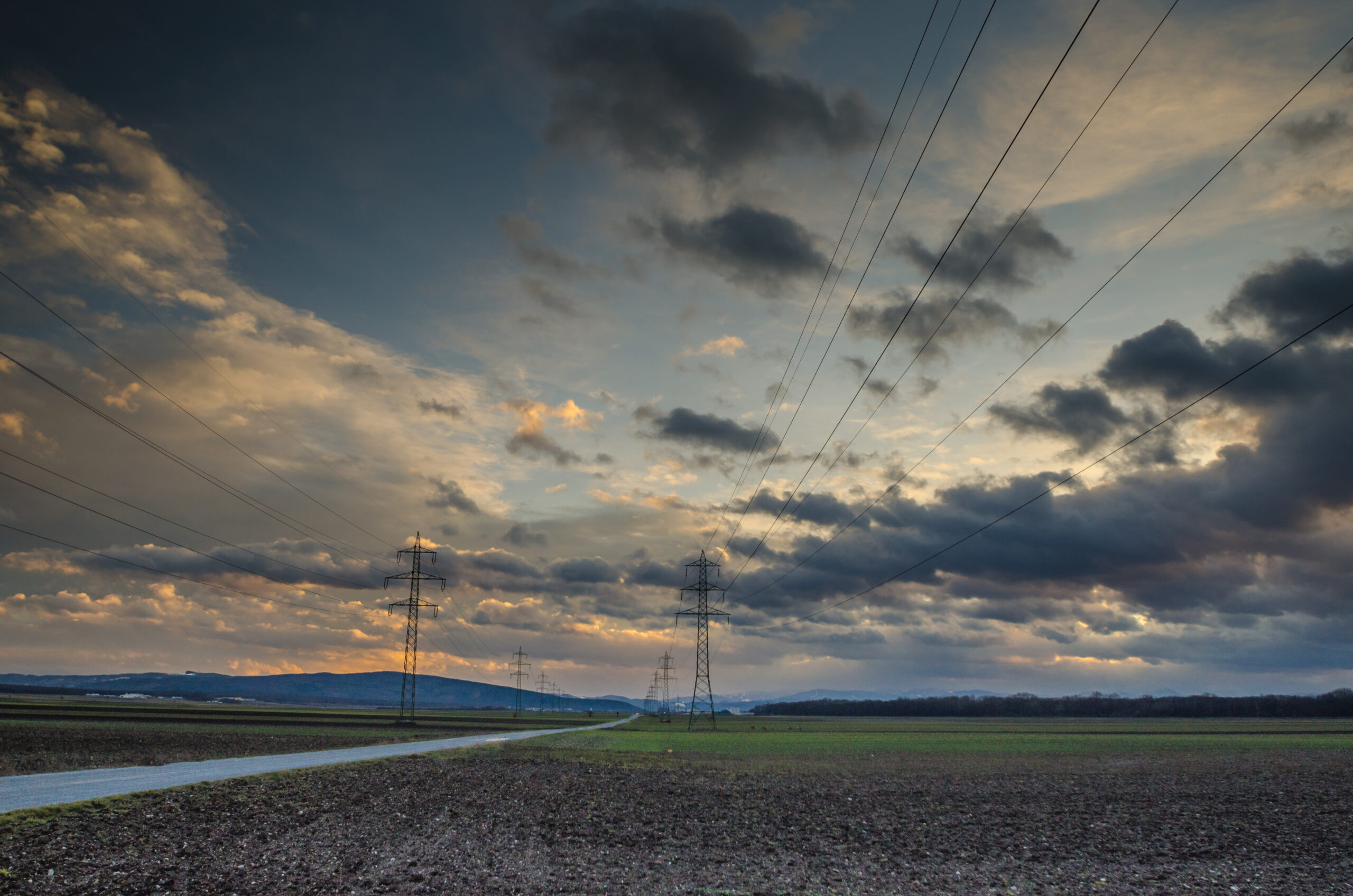Banking on Belonging: Community-Owned Banks That Beat the Odds
By Thiloththama Jayasinghe

In a world dominated by multinational banks and fintech giants, a quieter, more personal revolution is taking place. It’s happening in villages tucked into the Andes, in urban neighborhoods of Germany, in coastal India—and even in the heart of New York City. These are the stories of community-owned banks and cooperatives that are rewriting the rules of capitalism—one micro-loan, grain store, or school tuition at a time.

🌾 The Village Bank That Outlived the Crisis – Oaxaca, Mexico
In the rural highlands of Oaxaca, where access to formal banking has long been a struggle, a women-led savings cooperative known as Caja Solidaria Unión y Fuerza has done the unthinkable: thrived through economic crises, political unrest, and a pandemic. Started in a church basement in 1994 with pooled pesos and shared trust, it now manages over $3 million USD in assets and offers low-interest loans for farming, education, and health emergencies—without collateral.
Their secret? A deep-rooted culture of accountability and care. Every member is a stakeholder. Decisions are made collectively. Unlike big banks, they don’t just calculate credit scores—they consider character.

🏙️ Germany’s Quiet Powerhouses – Sparkassen
While the world chases tech unicorns, Germany leans on something far older and more stable: the Sparkassen, or public savings banks. These aren’t ordinary banks. They’re owned by municipalities and governed by the people they serve.
Despite being centuries old, Sparkassen are deeply modern in their ethos. They reinvest profits locally, support regional development, and prioritize social good over shareholder profit. During the 2008 financial crash, while major private banks collapsed, the Sparkassen remained rock solid—proving that community can be stronger than capital.

🌴 Sri Lanka’s Co-op Champions – SANASA Movement
Back in South Asia, Sri Lanka’s SANASA Movement offers a homegrown model of financial empowerment. Rooted in rural development, SANASA isn’t just a banking system—it’s a philosophy. With a name meaning “cooperation” in Sinhala, the network includes over 8,000 village-level societies, offering micro-loans, insurance, and even housing support.
SANASA members aren’t just account holders—they’re co-owners. And the ripple effect is visible: more women in leadership, higher school attendance, and thriving local businesses.

🌐 Digital Meets Local – Cowrywise in Nigeria
In Lagos, Nigeria, tech is fusing with community values. Cowrywise, a fintech platform, is democratizing saving and investment for young Nigerians through culturally-attuned models like group savings schemes, modeled after traditional ajo practices. It’s a digital-first platform, but the soul remains analog—trust, transparency, and togetherness.
By blending ancestral wisdom with digital tools, Cowrywise proves that community-based finance isn’t stuck in the past—it’s shaping the future.
💡 Redefining Capitalism, One Community at a Time
What ties these models together isn’t technology or even geography. It’s a new vision of finance where people come before profit. In an era of soaring inequality and climate anxiety, these banks are doing more than providing access—they’re restoring dignity, ownership, and hope.
Perhaps the future of banking isn’t in skyscrapers or Silicon Valley. Maybe, just maybe, it’s sitting in a circle of farmers, talking over tea.

